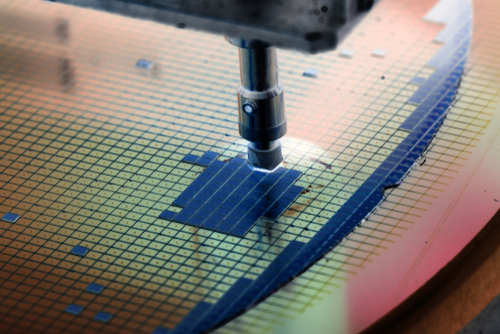
U.S. Sens. Rob Portman (R-OH), Bill Hagerty (R-TN), and Angus King (I-ME) recently applauded the passage of their legislation (S. 3451) that cuts “bureaucratic red tape” for certain computer-related projects, such as the development of semiconductors, which was signed as Public Law 117-173 on Tuesday.
S. 3451 specifically improves the federal permitting process for such national-security manufacturing operations by granting them access to the FAST-41 permitting program, which was made permanent and improved upon in the Infrastructure Investment & Jobs Act last year.
In 2015, Portman and then-U.S. Sen. Claire McCaskill (D-MO) co-authored the Federal Permitting Improvement Act, which was enacted into law as Title 41 of the Fixing America’s Surface Transportation (FAST) Act. Now known as FAST-41, the measure reformed the federal infrastructure permitting process while leaving environmental protections in place and created the Federal Permitting Improvement Steering Council.
“Expanding the FAST-41 permitting process improvements to more projects—especially projects involving semiconductors, technology, and other matters of national security—is common sense,” Portman, ranking member of the Homeland Security and Governmental Affairs Committee, said. “Over the past six years, the FAST-41 process has substantially reduced the permitting process timeline for covered projects by increasing agency communication and accountability. I’m pleased this bipartisan legislation to leverage that process to make America more competitive and secure is now law.”
King said as supply chains struggle and tensions with China rise, it is clear America can no longer afford to be dependent on competitors for critical technologies.
“Our bipartisan FAST-41 reforms will encourage a rapid expansion of the domestic semiconductor production critical to the nation’s long-term economic success and security,” he said. “This is a common sense step to support innovation – and, partnered with the historic investments of the CHIPS Act, will be a major boost to American competitiveness in the 21st century.”




